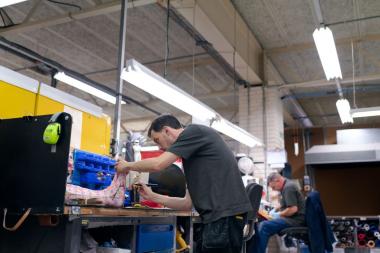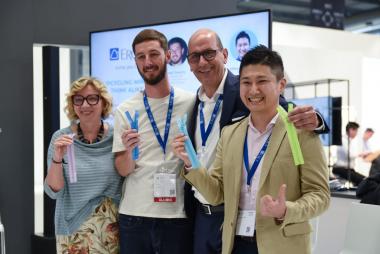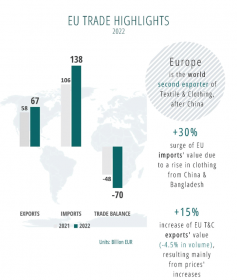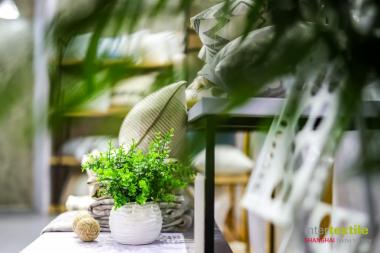Haelixa: New capital from Zürich Silk Association
Haelixa, using DNA markers to create full supply chain transparency for consumer goods, has received a capital injection from the Zürich Silk Association (ZSIG). The impact of the technology will provide a traceable fingerprint for textile industry stakeholders.
The ZSIG is an association of active and former companies from Zürich's silk industry. It was founded in 1854 and is one of Switzerland's oldest trade groups. They focus on promoting high-quality projects relevant to the textile industry.
Haelixa's mission is to be the standard in physical traceability globally. With engineered unique DNA markers designed to withstand all processing and treatment of materials throughout the supply chain, the technology empowers textile and fashion companies to make more responsible choices. By testing products for the DNA as they journey through the value chain, Haelixa validates whether the original marked materials are present. Traceability helps brands verify their claims and provides the data to calculate their environmental and social impact.
The capital contributed will support the scale of Haelixa's global operations.
Haelixa




























